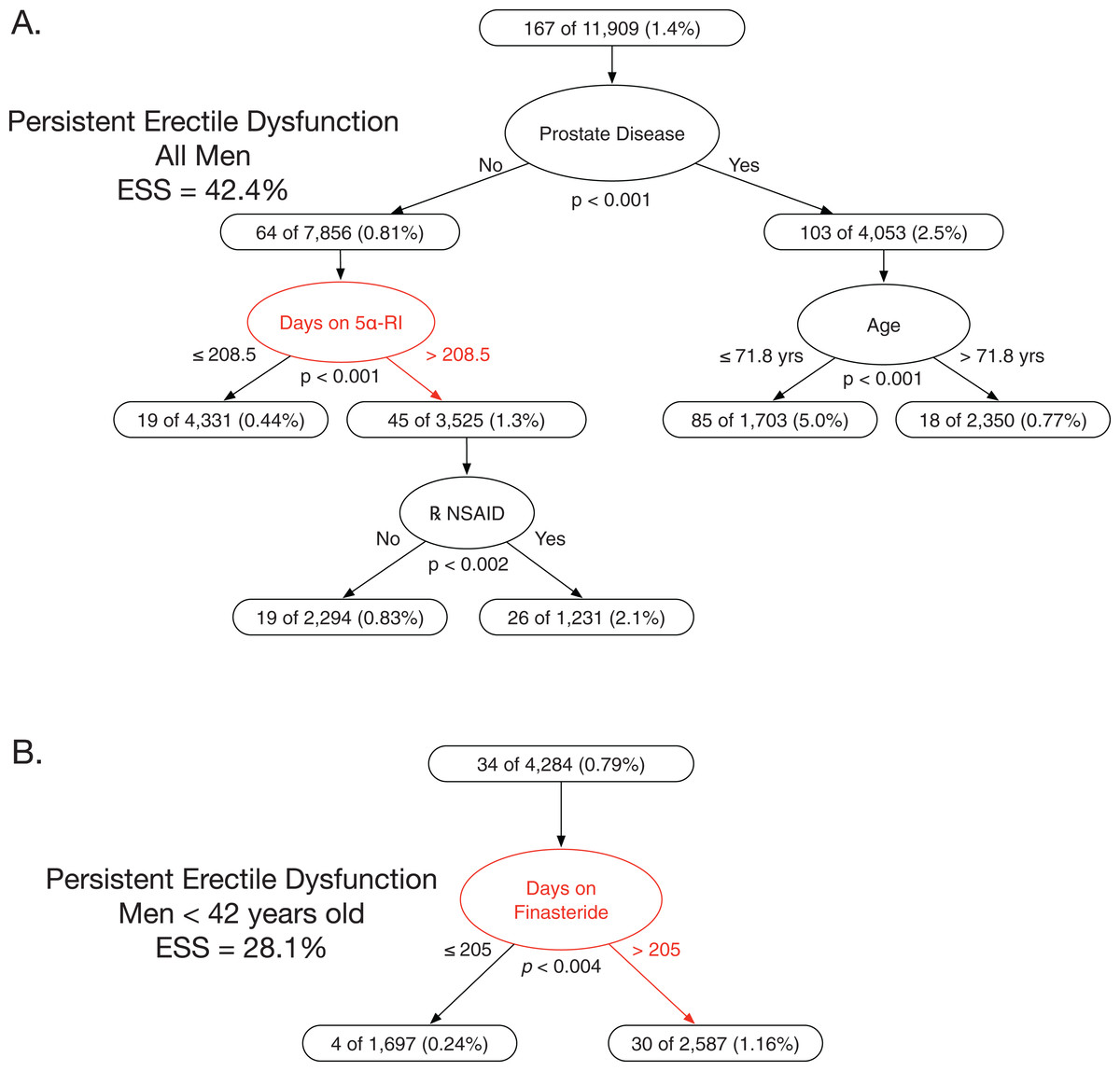About Me
Introduction
Eating disorders (ED) are complex mental well being circumstances that may have critical bodily and psychological penalties. In the event you adored this article along with you desire to receive more information regarding erectiledysfunctiontreatments.online kindly visit the webpage. They often stem from a mixture of genetic, environmental, and psychological elements. This case research examines the treatment of a younger adult feminine diagnosed with Anorexia Nervosa, highlighting the multidisciplinary strategy to recovery, the challenges faced during treatment, and the importance of assist programs.
Patient Background
The topic of this case examine is Sarah, a 22-year-outdated school scholar who was referred to a specialized consuming disorder clinic after being hospitalized due to extreme malnutrition. Weighing solely 85 pounds at 5'5", Sarah exhibited classic symptoms of Anorexia Nervosa, including excessive weight loss, a distorted physique picture, and an intense concern of gaining weight. Her history revealed a sample of restrictive eating behaviors that began in her early teenage years, exacerbated by academic pressures and social anxiety.
Preliminary Evaluation
Upon admission, Sarah underwent a complete assessment that included a physical examination, psychological analysis, and nutritional evaluation. The medical team famous significant electrolyte imbalances and signs of cardiac pressure on account of malnutrition. Psychologically, Sarah displayed symptoms of anxiety and depression, which have been frequent comorbidities in individuals with eating disorders.
Treatment Plan
The treatment plan for Sarah was multidisciplinary, involving a team of healthcare professionals, together with a psychiatrist, a psychologist, a registered dietitian, and a medical physician. The primary targets of the treatment had been to revive her physical health, deal with the psychological facets of her disorder, and develop healthy consuming habits.
- Medical Stabilization: The first step was to stabilize Sarah's medical condition. This involved cautious monitoring of her very important signs, hydration ranges, and electrolyte balance. The medical staff initiated a refeeding protocol, progressively rising her caloric intake to make sure protected weight restoration.
- Psychotherapy: Concurrently, Sarah started particular person therapy periods focused on cognitive-behavioral therapy (CBT). CBT is an evidence-based approach that helps people establish and change unfavorable thought patterns and behaviors associated with their consuming disorder. Sarah's therapist worked with her to problem her distorted beliefs about physique picture and weight.
- Nutritional Counseling: The registered dietitian played a vital role in Sarah's recovery by educating her about nutrition and growing a personalized meal plan. The dietitian emphasized the importance of balanced meals and the need to interrupt the cycle of restrictive eating. In addition they addressed Sarah's fears surrounding food and encouraged her to step by step reintroduce beforehand avoided foods.
- Household Involvement: Recognizing the influence of family dynamics on Sarah's situation, the treatment staff involved her dad and mom in household therapy sessions. This strategy aimed to improve communication, deal with underlying points, and create a supportive dwelling surroundings conducive to recovery.
Challenges in Treatment
Regardless of the complete treatment plan, Sarah faced a number of challenges throughout her recovery journey. One significant hurdle was her resistance to weight acquire. Initially, she experienced intense anxiety at the prospect of increasing her caloric intake, fearing that it will lead to weight achieve and lack of management. This resistance manifested in episodes of meals refusal and emotional distress throughout meals.
Additionally, Sarah struggled with feelings of guilt and shame related with her eating disorder. She typically in contrast herself to her friends, leading to heightened self-criticism and a belief that she was failing in her recovery. These psychological obstacles required ongoing assist and intervention from her therapy workforce.
Progress and Changes
Over the course of six months, Sarah showed gradual progress. The medical group successfully stabilized her physical health, and she gained approximately 15 pounds. Nevertheless, the journey was not linear; there were periods of relapse where Sarah reverted to restrictive eating patterns, significantly throughout irritating tutorial durations.
To address these setbacks, the treatment team adjusted her therapy classes to focus extra on coping methods for managing stress and anxiety. They introduced mindfulness strategies and stress administration exercises, which helped Sarah develop healthier responses to triggers.
Moreover, the dietitian continued to adapt Sarah's meal plan, ensuring it aligned along with her evolving preferences and desires while difficult her fears around meals. This flexibility was essential in serving to Sarah regain a sense of autonomy over her eating habits.
Conclusion
Sarah's case illustrates the complexities involved in treating consuming disorders like Anorexia Nervosa. The multidisciplinary strategy, which included medical stabilization, psychotherapy, nutritional counseling, and family involvement, proved essential in addressing each the bodily and psychological elements of her condition.

While Sarah's journey to restoration was fraught with challenges, her story highlights the significance of resilience, assist, and comprehensive care in overcoming eating disorders. With continued dedication to her treatment plan and ongoing help from her healthcare staff and family, Sarah is on a path toward restoration, demonstrating that healing is feasible with the right assets and help systems in place.

Future Instructions
As Sarah continues her restoration, it is essential to concentrate on lengthy-term strategies to forestall relapse. This includes ongoing therapy, common follow-up appointments along with her healthcare staff, and the establishment of a robust support network. Schooling about eating disorders for her family and peers can even foster a more understanding and supportive environment.
In conclusion, the treatment of consuming disorders requires a holistic strategy that addresses the myriad elements contributing to the situation. Sarah's case serves as a reminder of the significance of empathy, persistence, and a comprehensive treatment technique in supporting people on their journey to restoration.
Location
Occupation

